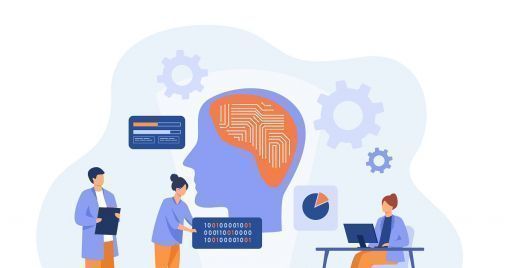

Adaptive learning: the future of education
A course that can adapt to the needs and abilities of the student? That's possible thanks to adaptive learning.
Adaptive learning: the future of education
A course that can adapt to the needs and abilities of the student? That's possible thanks to adaptive learning.
Those who work in education know that no two students are the same. Everyone has their own pace of study, their own abilities, starts from a certain level or is more motivated by a certain type of content. As a result, having a universal approach to teaching is not effective. This is why, in recent years, there has been increasing talk of so-called " adaptive learning".
This type of learning is based on personalized activities that adapt to the needs and prior experience of each learner. That's why adaptive learning is also becoming an imperative at the enterprise level. Workers are unlikely to have identical knowledge and skills, and adapting online courses to individual needs makes them more effective. What's more, according to Malcolm Knowles' theory of andragogy, adult learning is even more powerful if it's linked to their prior experience because it allows them to make immediate connections.
Adaptive learning, however, is not synonymous with personalized learning, although it has common elements. Compared to the latter, in fact, adaptive learning makes use of technology to be able to constantly adapt to the needs and performance of the student, identifying patterns and trends through algorithms.
What are the strategies on which adaptive learning is based? Here are some of the main ones:
1. Use the right tools
Precisely because of its main characteristics, to talk about adaptive learning it is essential that learning platforms are used that can monitor and customize the path through the algorithms and adapt to the needs of the learners.
2. Access from all devices
You can't offer a personalized path if you can't access it from all devices. From tablets to smartphones, the platform and content must be accessible and clearly visible in the format the trainee chooses. In the past, for example, we've talked about the importance of mobile learning.
3. Insert additional content
This is a strategy that allows learners to be able to access additional content at certain times if they want to learn more about a particular topic, but doesn't force others to do the same.
4. Integrate where necessary
One of the essential elements of online courses is testing. Quizzes can become an additional tool to decide, through algorithms, whether the learner can continue to the next level or, alternatively, should read additional material that will reinforce their knowledge.
Translated with www.DeepL.com/Translator